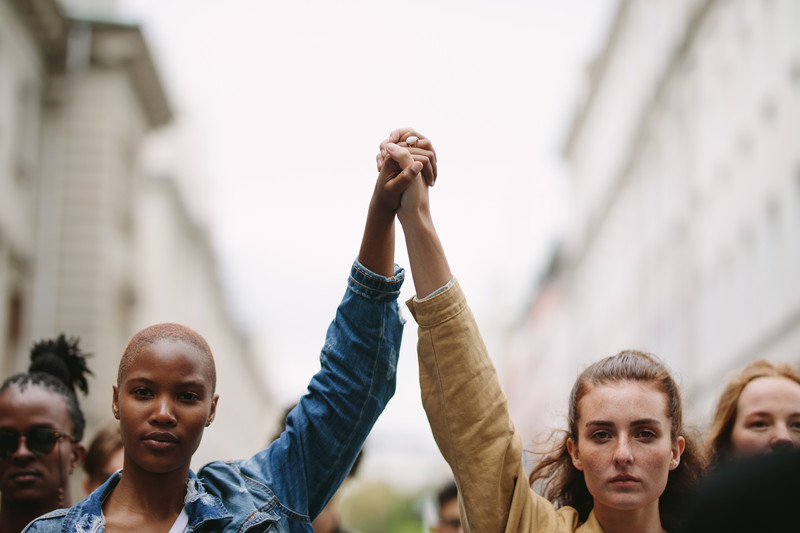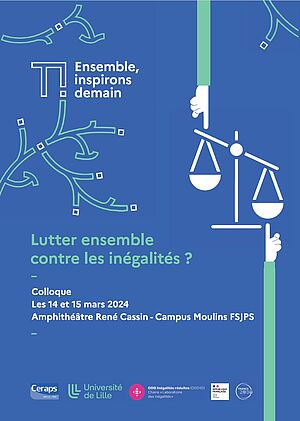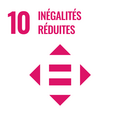‘Reduced Inequalities’ SDG chair
Sustainable Development Goal 10: Reduced Inequalities
The United Nations Sustainable Development Goal (SDG) 10, ‘Reduced inequalities’, aims to reduce inequalities within and between countries by promoting the social, economic and political inclusion of all, regardless of age, gender, disability, race, ethnic origin, religion or economic status.
The ‘Reduced Inequalities’ SDG chair

The aim of the ‘Reduced Inequalities’ chair is to understand the many forms of inequality and the way in which they interact – social, economic, gender-based, regional and ethno-racial.
Understanding and studying inequalities
These inequalities span all areas of public action – housing, health, education, culture, transport, etc.

Taking an interest in inequality means tackling key political and social issues: social justice, access to public services, the ecological transition and social conflict. It also means looking at public policies to combat inequality and their effects, without overlooking the unequal effects of certain public policies. The aim is to combine research findings with the experiences of local stakeholders.
Our priority topic areas
Environmental inequalities
Inequalities and housing
Inequalities and education
Health inequalities
Disseminating knowledge and raising awareness

The ‘Reduced Inequalities’ chair and the Inspiring Tomorrow laboratory
The ‘Reduced Inequalities’ chair is closely linked to the first season of the ‘Inspiring Tomorrow’ laboratory (LID), whose own topic area is also inequalities (studying and combatting inequalities).
As part of the LID, academics from Lille and local political, administrative and non-profit stakeholders work together to identify the issues and develop proposals at local and regional level for four major topic areas : environmental inequalities, education and inequalities, health inequalities and housing inequalities.
An initial symposium was organised in March 2024 on the topic of inequalities in collaboration with the SDG chair.

Performances and artistic interventions on the theme of inequalities will be scheduled in cooperation with the university’s cultural department.



![[Translate to English:] Partenaire [Translate to English:] Accès au site du partenaire : CNRS](/fileadmin/_processed_/0/5/csm_cnrs_56c3662e4f.png)
![[Translate to English:] Partenaire [Translate to English:] Accès au site du partenaire : INRAE](/fileadmin/user_upload/initiative-excellence/images/partenaires/inrae.svg)
![[Translate to English:] Partenaire [Translate to English:] Accés au site du partenaire : CHU](/fileadmin/_processed_/8/7/csm_Logo_CHU_de_Lille_089a7ac546.png)
![[Translate to English:] Partenaire [Translate to English:] Accès au site du partenaire : Centrale Lille](/fileadmin/_processed_/1/3/csm_centrale_lille_e36ec71030.png)